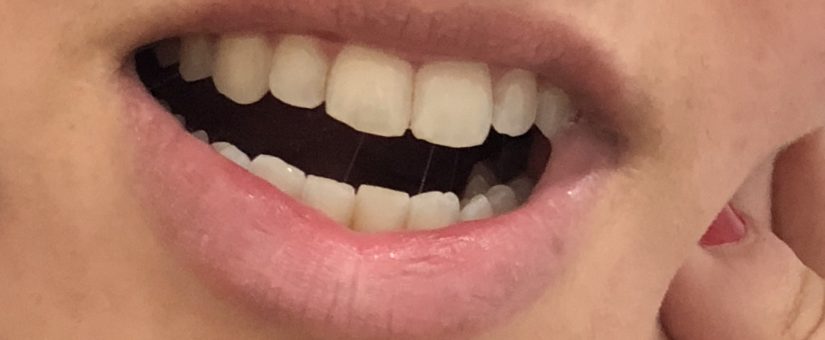
Let´s talk abaut wisdom teeth
- On May 28, 2018
- dental, let´s talk abaut wisdom teeth, molars, wisdom teeth
Article written by Dr. Luis Miguel Sánchez Suárez
As a family dentist, I am pleased to see patients of all ages at my dental clinic and a very rewarding experience for me is the great amount of people attending, with ages between 18 and 25. These patients, in full transition from adolescence to adulthood and from a biological and dental perspective, are about to experience the eruption of the third molar or wisdom teeth.
Precisely, wisdom teeth are so called because of this transition to maturity, during which individuals become wiser and more seasoned. For this reason, the third molar receives such name in so many different languages, always referring to the good sense we acquire as we grow older (coinciding with the appearance of these teeth); this can be seen in the Latin word, dens sapientiae (wise tooth) and its names in other languages.
Many patients ask me to remove their four wisdom teeth simply because “they are useless” or “they are moving the rest of the teeth”. For this reason, before removing a wisdom tooth, we need to know some things to make the right decisions.
“Those teeth are useless…”
Third molars are vestigial teeth of our hominid ancestors, who had larger jaws and ate food that required a greater grinding process, such as cellulose from plants and trees. Changes in food processing and the consumption of soft diets resulted in jaws with less forwards growth and not enough space for the third molars. Nevertheless, saying that these teeth are useless means drawing hasty conclusions: it depends on whether it is enough room for the eruption of the wisdom teeth or not, and if their eruption gives rise to problems. Therefore, there is no need to remove the wisdom teeth if there is room for them and the patient is able to chew correctly.
“The molars are moving my teeth…”
The movement which is hypothetically caused by the eruption of the third molars is not a compelling reason to remove them. Nowadays, we tend to think that four molars cannot move eight back teeth, eight premolars, four canine teeth and eight incisors, and in case there is any movement, it will only affect the wisdom teeth – in case they move, they do it sideways; in other cases, they simply don’t.
In that case, when should wisdom teeth be removed?
Taking into account that every person receives an individualized treatment, which is adapted to his/her needs, we need to pay particular attention to the following problems caused by the third molar, which indicate that they should be removed:
- Recurring episodes of pain
- A recurring infection of the tissues surrounding the molar
- Cysts
- Tumours
- Damage to the surrounding teeth
- Tooth decay that prevents from repairing the molar
- Loss of the support tissue and bone
There are other reasons to remove the wisdom teeth, such as orthodontics or other dental processes. In such cases, your dentist will explain the reasons why the extraction is necessary.
Equally, there are other problems that require your dentist’s supervision, but which do not imply the extraction of the wisdom teeth, as the following:
- Third molars in incorrect position, causing the accumulation of food waste between the third and the second molar and tooth decay.
- The partial eruption of the third molar, causing gingival irritation and recurring infections.
- Third molars that generate signs of a cyst to form.
Even if the wisdom teeth are not removed, you should keep in mind that you need to attend to the dentist every six months. Your mouth is a changing environment, and even if something is stable right now, it may become a problem in the future that can be treated if you visit your dentist twice a year.


